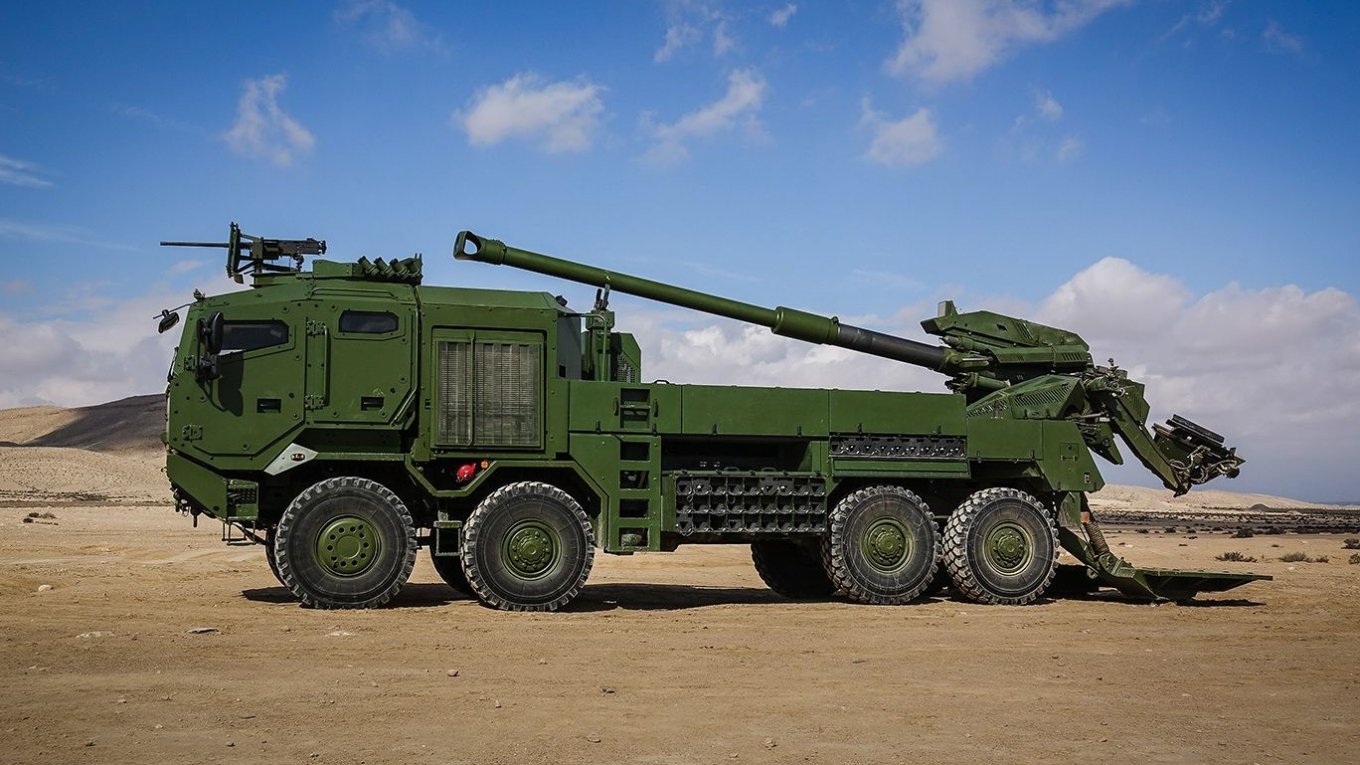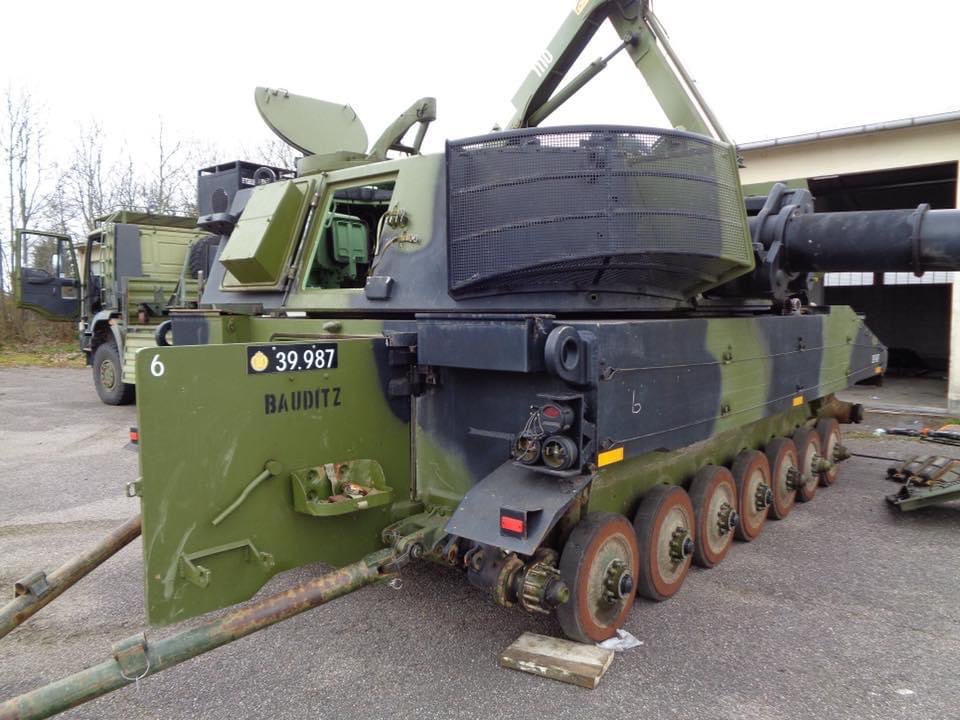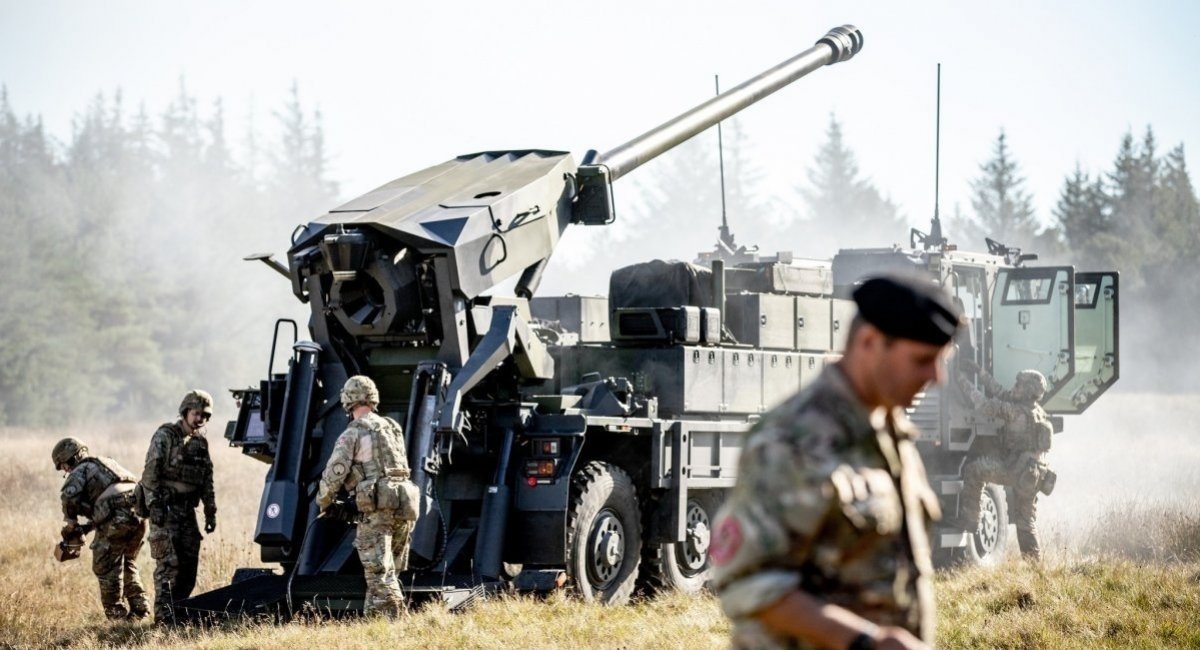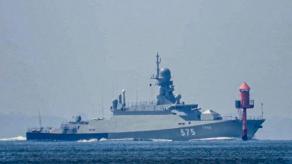When Denmark decided to hand all 19 of its Caesar wheeled artillery systems over to Ukraine, the manufacturer, French company Nexter, was expecting Copenhagen to simply order the same Caesars as a replacement. However, the Danish military pivoted their focus toward Israeli weapons by Elbit Systems and ordered 19 ATMOS 2000 self-propelled guns and eight PULS rocket launchers on top.
As the key argument in favor of Israeli weapon systems, the Ministry of Defense of Denmark assured that those would be delivered rather quickly, in early 2024 at the latest, and rejected the parliament's objection that the defense order for Israeli weapons was awarded without prior competitive selection, Opex360 reports.
Read more: CAESAR Howitzer Has Unexpected Advantage Over Korean K9, as Estonians Praise its Mobility

Now Danish officials regret the decision, as it turns out that both ATMOS 2000 and PULS will be put into service much later, in 2026 at best, and the total costs of adopting these weapons will be significantly higher than initially expected.
For example, the integration of ATMOS 2000 self-propelled howitzers into the Danish army may take up to 18 months instead of the previously expected 6 months post-delivery. The reason for the delay is the significant distinction between the IT systems used by Elbit Systems and in the Danish Armed Forces. So much that the works earlier done by Denmark on Caesar "to ensure the compatibility of the communication and targeting systems, must be restarted from scratch for the ATMOS 2000," Opex360 authors explain.
The issues with PULS rocket systems are running even deeper. Not only did the Danish military not consider the IT compatibility before the purchase, they failed to commission associated ammunition and infrastructure. Therefore, the expenses could rise up another €134 million, that is while the initial contract value for ATMOS 2000 and PULS was €252 million.
"It is deeply problematic that it turns out that the politicians have not made the decision to buy the PULS system on a fully informed basis," Troels Lund Poulsen, Danish Minister of Defense, said in a written statement.
The minister added that he initiated "an impartial legal investigation" into this acquisition of ATMOS 2000 in order to avoid repeating the same errors during the integration of PULS.

On a note from Defense Express, Denmark has now found itself in quite a predicament because of these blunders. After having committed the country's literally entire artillery arsenal to the Armed Forces of Ukraine, the Danish army itself is in urgent need of replacement but the purchased pieces will become operational two years later than expected.
Read more: The Production Rate of Caesar Self-Propelled Howitzers to Increase, and This Is Good News for Ukraine














